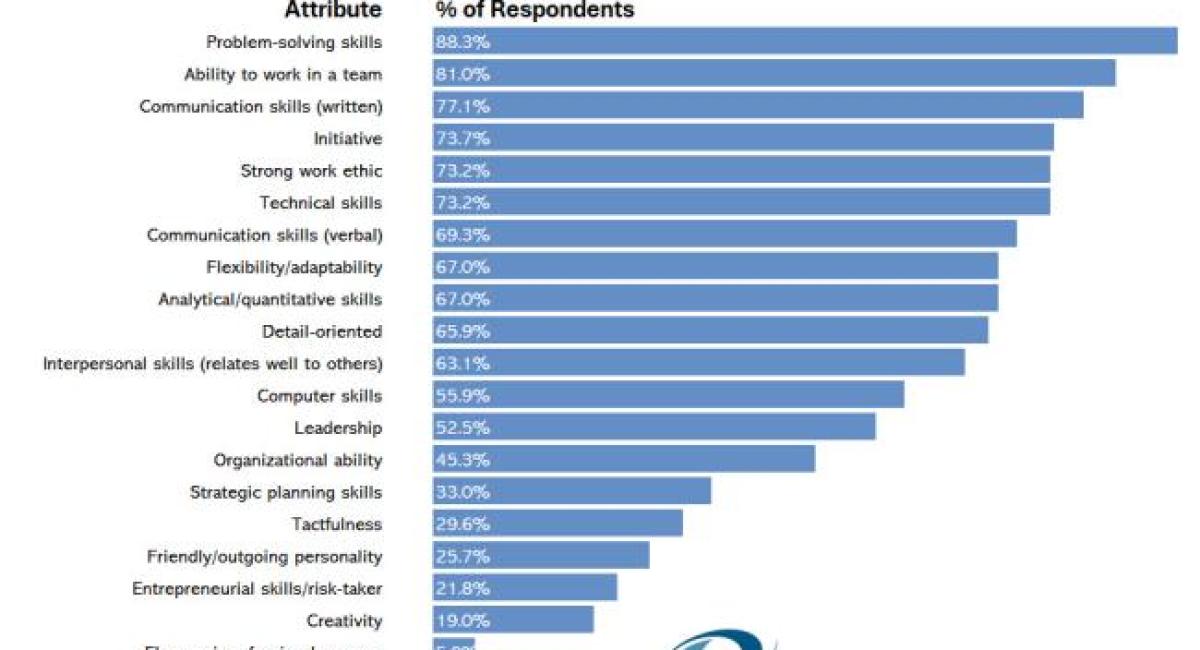In the OITE we are often asked about the career paths of former postdocs. While we do not conduct mandatory exit surveys, we do have some data from the OITE NIH Alumni Database. This database is populated as fellows leave the NIH. To date it contains about 1100 entries. Of those, 639 contain career information that we have been able to analyze. Caveat: this information is only from former trainees who have voluntarily created entries in the database; it does not capture the full range nor percentage of actual career paths*.





